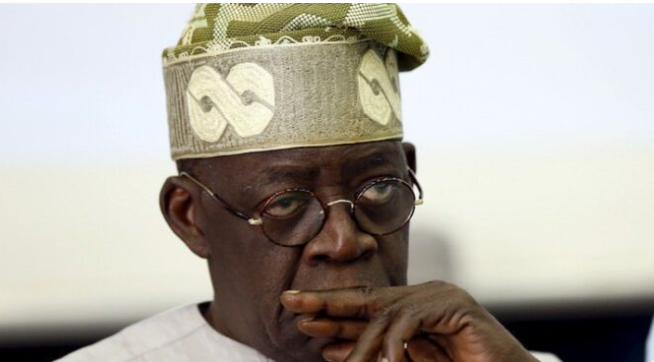The recent departure of President Bola Tinubu from the United Kingdom to France during his scheduled two-week vacation has elicited various reactions. The presidency has clarified that the President is entitled to move freely during his leave, which was initially announced as a two-week vacation primarily intended for reflection and strategizing on economic reforms. According to Mr. Bayo Onanuga, Special Adviser to the President on Information and Strategy, the leave is part of the yearly allocation of time off, highlighting that the President would be engaging in both rest and work during this period. The importance of taking time out to deliberate on pressing national issues was underscored in the initial announcement, positioning the vacation as a vital component of the President’s broader responsibilities.
Following his arrival in the UK, President Tinubu was reported to have left for Paris on Friday, suggesting a busy schedule that extends beyond mere leisure. Ibrahim Kabir Masari, the Special Assistant to the President, shared insights about their productive discussions at the President’s residence prior to their departure to France for an important engagement. This statement underscores that, while the President’s leave includes personal time, it also involves crucial work-related activities and meetings, reinforcing the dual nature of his time off. It illustrates that the President is actively participating in governance, even when officially on vacation, an indication of his commitment to addressing the needs of the nation.
The controversy surrounding the President’s travel has further prompted the presidency to clarify misconceptions about the nature of the vacation. Onanuga reiterated that the President is not confined to the UK during his leave, allowing him the freedom to travel as he sees fit. This assertion aimed to dispel any notions that the President’s leave is strictly limited to one location or that it is devoid of purpose. The emphasis on the private aspect of the leave signifies that, despite the engagements overseas, there is still an element of personal time involved. This clarification addresses public sentiment regarding the President’s travel, highlighting the flexibility afforded to him.
Public opinion has varied in response to the news of Tinubu’s travels during his leave. Some may view the trips as a necessary aspect of leadership that allows the President to maintain a global presence, while others could perceive them as a misallocation of time given the pressing issues facing the nation. The presidency’s communications suggest an attempt to strike a balance between acknowledging public concerns and validating the President’s ability to fulfill his obligations without personal restrictions. As the situation unfolds, it is likely that further discussions will emerge about the implications of presidential leave and the expectations surrounding a leader’s time away from their official duties.
Moreover, this series of events sheds light on the broader expectations regarding presidential conduct, especially concerning personal time and political responsibilities. Citizens often look towards their leaders to model behaviors that align with the nation’s priorities. Therefore, the presidency’s affirmation of Tinubu’s right to travel reflects a conscious effort to reconcile the President’s need for respite while addressing his indispensable role in shaping national policies and initiatives. The ongoing dialogue regarding Tinubu’s leave may serve as an opportunity for broader discussions about leadership transparency and accountability, as well as how elected officials manage the dichotomy between their public and private lives.
In conclusion, President Tinubu’s leave, characterized by travel from the UK to France, represents a blend of personal and political responsibilities that is not uncommon for leaders in a globalized world. The presidency’s clarifications highlight an intent to ensure the public understands the necessity of the President’s travels during this period, while also reaffirming the importance of rest and reflection in effective governance. Ultimately, how the public perceives these actions will be shaped by ongoing discourse surrounding leadership efficacy, the balancing act of private versus public time, and the expectations for engagement in both realms.














